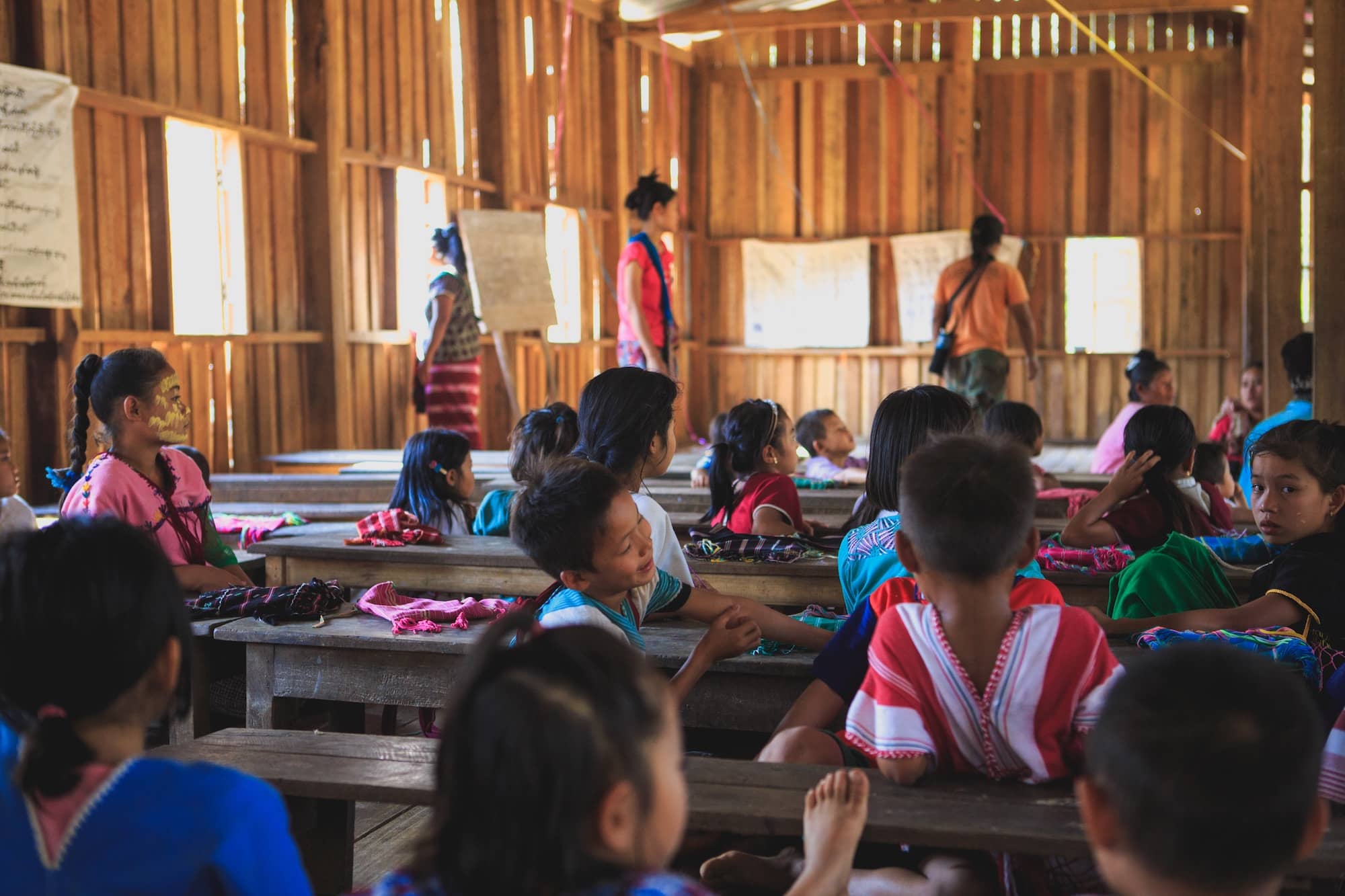This presentation defines life intelligence as the courage to live and die well, the ability to cope in all the changes with wisdom and grit, and most importantly, the knowledge of how to become one’s best self and how to relate with others in a complex global village. In most traditional schools, life intelligence is not part of the regular curriculum. Most schools impart knowledge and skills to students so that they can have a career or find a job, but they do not teach students how to live or how to become decent, fully-functioning human beings.
By definition, life education is lifelong education. To me, life education should aim at cultivating life intelligence, compassion, relational skills, and the courage to be authentic and pursue one’s own dreams in a very difficult and competitive environment. In every stage of development, life poses new challenges and demands. Life intelligence education equips people to make necessary changes and adjust one’s personal projects accordingly. At the same time, it also empowers people to continue the practice of self-cultivation in the spiritual, relational, and societal realms.
Finally, this presentation will introduce the resource-congruence model of effective coping and the four-factor model of true grit as essential elements of life education. It is hoped that such education can be offered at every developmental stage to ensure that we have morally-responsible and fully-engaged citizens. Such educated and principled citizens make democracy possible.
Cite
Wong, P. T. P. (2017, October 3). Lessons of life intelligence through life education. Invited talk presented at Tzu Chi University, Hualien, Taiwan.

 Meaning Conference 2025 will be the INPM’s first in-person conference with a virtual option after the pandemic.
Meaning Conference 2025 will be the INPM’s first in-person conference with a virtual option after the pandemic.